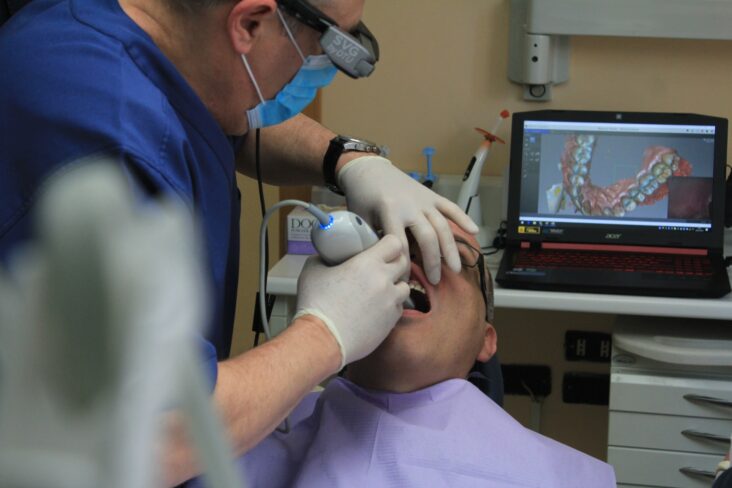Toothaches can be unbearable. They can cause discomfort, difficulty eating, and even interfere with daily activities. However, many people tend to suffer in silence rather than seek professional dental help. Here are some steps to take when dealing with a toothache:
1. Identify the Cause of the Toothache
Cavities, gum disease, an abscess, or a cracked tooth can cause a toothache. Identifying the root cause of the pain can determine the best course of action. If a cavity causes toothache, a filling may be required. If the pain is due to gum disease, deep cleaning or surgery may be necessary, and antibiotics may be prescribed if an abscess is present. As such, seek the help of a dental professional to determine the exact cause of the toothache.
2. Practice Good Oral Hygiene
Prevention is key when it comes to dental health, and practicing good oral hygiene can help prevent toothaches from occurring. Brushing twice every day and flossing daily can remove plaque and prevent cavities from forming. An antiseptic mouthwash may also kill bacteria that cause gum disease and bad breath. Making these habits a part of your daily routine can help maintain good oral health and prevent toothaches in the future.
3. Use Over-the-Counter Pain Medication
Acetaminophen, ibuprofen, and other over-the-counter pain medications can help eliminate pain associated with toothache. These medications can be purchased at most drug stores and provide temporary relief until a dental appointment can be scheduled. Follow the instructions on the label and do not exceed the recommended dose.
4. Apply Ice or Heat
Applying a cold compress or heat to the affected area will lessen inflammation and relieve pain. A cold compress can be created by wrapping a bag of ice or a frozen vegetable in a towel and applying it to the cheek near the affected tooth for 20 minutes at a time. Alternatively, a warm compress can be created by dipping a washcloth in warm water and applying it to the affected area. Also, avoid using extreme temperatures that can cause further damage or discomfort.
5. Avoid Certain Foods and Drinks
Foods and drinks that are cold, hot, or acidic can increase tooth sensitivity and exacerbate the pain associated with a toothache. Therefore, avoiding consuming these foods and beverages is necessary until the toothache is resolved. Additionally, foods that are hard or require excessive chewing can also cause discomfort and should be avoided.
6. Schedule a Dental Appointment
If the toothache persists or becomes increasingly painful, book a dental appointment. A dental professional can identify the underlying cause of the pain and recommend a suitable treatment plan. Deferring treatment may lead to further complications and potentially more extensive procedures down the line.
In Summary
Toothaches can be excruciating and can interfere with daily activities. You can get relief from them by identifying the root cause of the pain, practicing good oral hygiene, using over-the-counter pain medication, applying ice or heat, avoiding certain foods and drinks, and scheduling a dental appointment if necessary. Always remember that seeking professional dental help can provide relief and improve overall dental health.
At Watertown Dentistry, we understand the discomfort and inconvenience that toothaches can cause. Our dentists in Watertown, MA, are committed to providing our patients high-quality dental care, including addressing and treating toothaches. If you have tooth pain or discomfort, call us at (617) 600-3442 to schedule a dental appointment.

